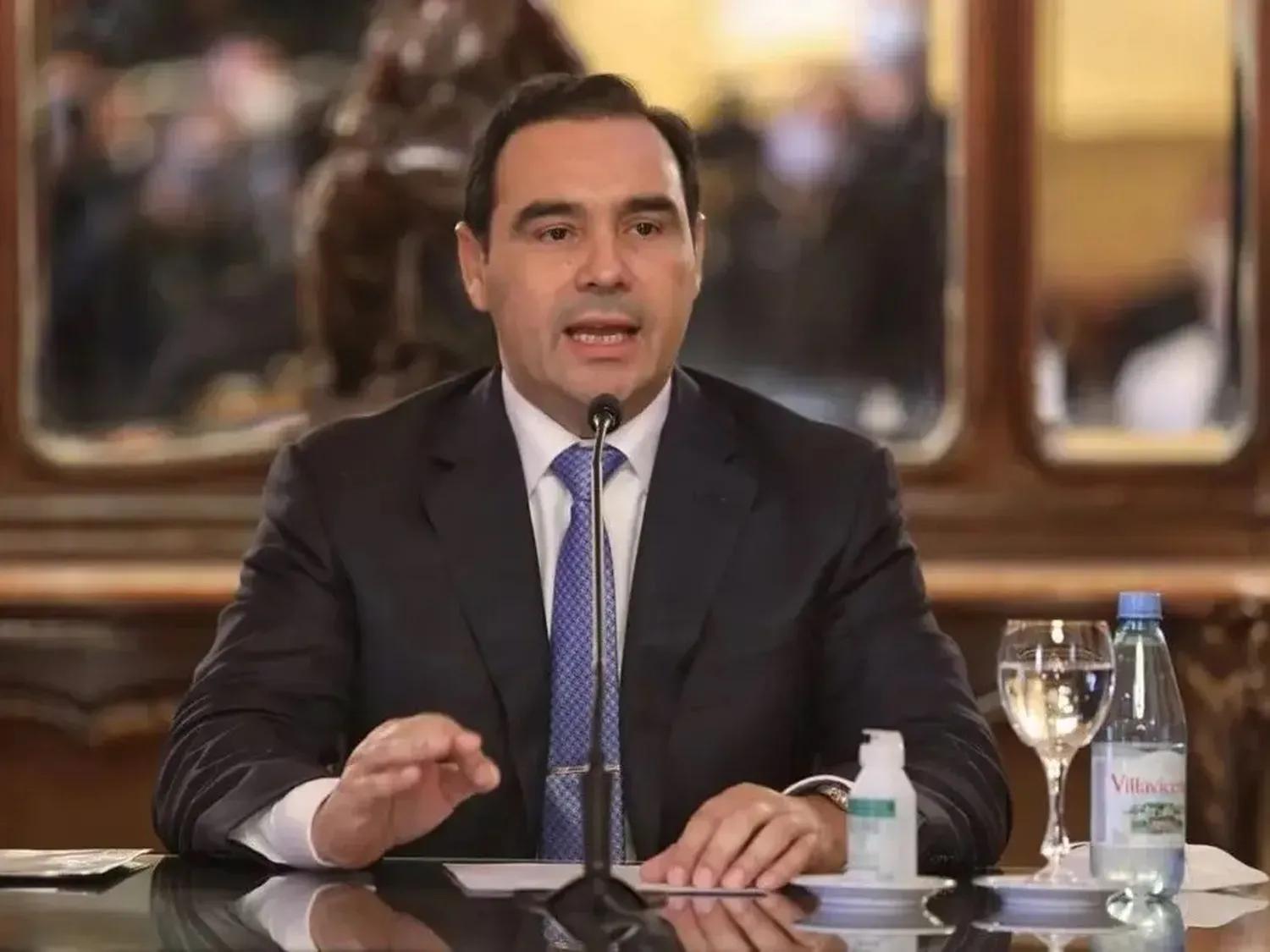The province of Corrientes is at a crucial moment, as it is conducting elections to choose the successor of the current governor, Gustavo Valdés. This event is not only significant for the province, but it also raises questions about the political future of Argentina as a whole. The central question that arises is: what implications will these results have for the national political landscape and the stability of the region?
🗳️ Current Overview
The elections this Sunday have captured the attention of more than 950,000 citizens of Corrientes eligible to vote. Since the polls closed, the vote counting has begun, and initial projections indicate that the ruling party led by Valdés could come out strengthened. However, the local Peronism claims that there is a possibility of a runoff, which could alter the balance of power in the province. Citizen participation and transparency in the electoral process are crucial. In this context, older voters, such as Rufino, aged 103 and Anselma, aged 90, symbolize the importance of democracy and the continuity of political participation in Corrientes.
🌍 International Comparison
The situation in Corrientes can be compared to that of other Argentine provinces and regions in the area that have faced elections during times of crisis. For example, in Chile, the municipal elections of 2021 reflected a significant change in the perception of politics, where citizen participation increased due to distrust in institutions. This phenomenon has been replicated in Colombia, where the recent electoral process has shown an increase in youth participation, driven by the desire for radical change in traditional politics.
Both examples demonstrate that active voter participation is crucial for the legitimacy of results and the strengthening of democratic institutions. In this sense, the elections in Corrientes are not just a provincial event, but a reflection of broader dynamics affecting Argentine politics.
⚖️ Political and Social Implications
The results of the elections in Corrientes could have multiple implications. Firstly, if the ruling party maintains power, there could be a continuity of the policies implemented by Valdés, which could stabilize the political situation in the province. However, a victory for Peronism could bring about a change in direction that emphasizes the need for reforms in areas such as health, education, and economy.
Socially, the election of new leaders could revitalize dialogue among different sectors of society, especially if the new authorities seek to build consensus rather than polarization. Citizen trust in institutions could also be affected depending on the transparency and fairness of the electoral process. Without strong institutions, there is no trust. Without trust, there is no investment.
📊 Factors to Consider
It is important to consider additional factors that may influence the results of these elections. The economic situation in Corrientes, characterized by challenges such as dollar and inflation, may be a determining issue for voters. In a context where the average citizen faces difficulties, those candidates who offer concrete and viable solutions will likely have an advantage.
Furthermore, the role of digital platforms and social media in disseminating information and mobilizing voters cannot be underestimated. Currently, campaigns are carried out in both traditional and digital formats, allowing for broader reach but also posing challenges in terms of misinformation and manipulation.
🔍 Final Reflections
The elections in Corrientes represent more than just a change of government. They are an opportunity to evaluate the state of democracy in Argentina and the expectations of its citizens. Transparency and participation are fundamental pillars that must be promoted to ensure a more stable and participatory political future.
As the results begin to emerge, it is crucial that political actors commit to respecting the will of the people and to building a path forward that includes all sectors of society. Argentina does not need more patches. It needs direction. The experience of Corrientes could serve as a model for other provinces and regions in the country, where the quest for real and sustainable change is more urgent than ever.

Comments